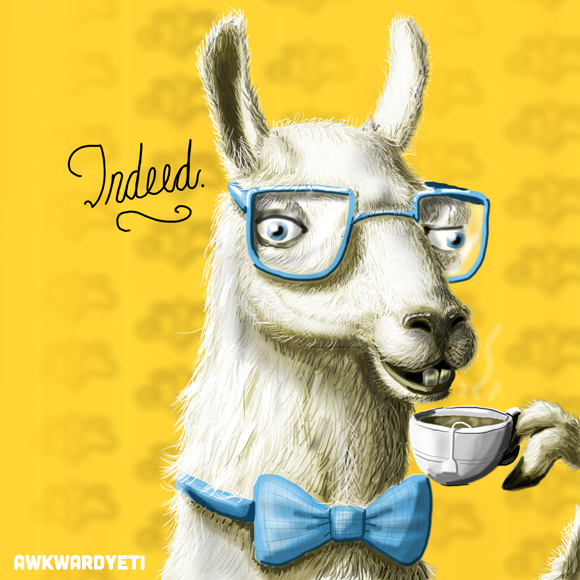by Kaelyn Riley, Colorado Review Associate Editor
One day when I was in the fifth grade, my English teacher, Mr. Frye, assembled the class for a creative writing activity. On the whiteboard in his impeccable teacher cursive, he’d written a single line: The rooster sounded a cry of impending doom when… My task: finish the story.
At ten years old, I was ravenous for knowledge and also sort of an unfortunate social creature. (This, as you might imagine, was something of a chicken-or-the-egg scenario.) I came to life in English class, but elsewhere, my liveliness could have used some work. Sometimes I read books during recess; my glasses were unquestionably too large for the ’90s; I hadn’t quite figured out hair product… you know, that sort of thing.
That year, I kept a list in the back of my English notebook of new-to-me words, words whose definitions I’d yet to learn, words with weird sounds or bouncy vowels or Latin roots. I collected bits of language the way my friends collected coins, bottle caps, frog figurines. I knew immediately that I liked this word: impending, the potential energy of it.
At the beginning of spring semester 2014, one thing that’s impending for me—for many of us—is the Association of Writers & Writing Programs Conference in Seattle. This will be my third year attending the conference and working the book fair with Colorado Review. In previous years in Chicago and Boston, I’m embarrassed to say I’ve felt a lot like that bespectacled ten-year-old in English class, equal parts totally enthralled and completely uneasy.
A thrilling sort of panic tends to accompany my first glance through the conference schedule—there’s the potential energy of all I have to learn; the affirmation of seeing all these other writers there thinking and talking about the same things I want to be thinking and talking about; the urge, as they say, to take it all in.
I’ll catch the first thirty minutes of the panel on the landscape of the creative writing classroom, and then squeeze in some time at the panel on post-pastoral poetics, then the one on translation, then writing for the digital age, and then lunch, I guess, and I haven’t even looked at the off-site reading list yet…
In my few AWP experiences, that flurry of action all takes place for me on Thursday. On Friday morning, I’ll crawl into the convention with a learning hangover from yesterday’s panels, ink on my hands and bits of paper in my hair: the ultimate unfortunate social creature.
The book fair will be all a-twitter with the babble of writers-turned-conventioners, whom I tend to warmly regard as my people, though rarely do they have ink on their hands or bits of paper in their hair. Their eyewear is perfectly sized and ultra-hip, the shades of lipstick unique and innumerable. In rooms like this, everyone seems taller than I am. I’ve not grown an inch since the fifth grade.
I don’t remember what I wrote for Mr. Frye’s assignment. I do recall him pairing us up the next day to critique each other’s work. For all purposes, this was my first creative writing workshop. My partner—a bossy, freckled girl named Courtney—spent most of her workshop efforts throwing me shade about my sloppy handwriting.
“You never dot your stupid i’s!” she exclaimed, a note of panic in her voice, rifling through the pages of my story to stab marks in the appropriate places.
I myself am also bossy and freckled, and I found Courtney’s workshop comment reductive and out-of-touch. “I was in a hurry,” I mumbled, prying my pages from Courtney’s hands and smoothing the places she’d creased, “to, like, get the story out.” When I said this, as was typical of my social experiences as a ten-year-old, Courtney looked at me as though I had three heads.
What I’m trying to say is this: being a writer in a world filled with Courtneys can be, in my experience, a little weird. It can be a little difficult. And being a writer in a small space filled only with other writers, who all seem sleeker and wiser and better-networked and more finely groomed than you are, can also be a little weird.
But there is usually a moment at the book fair when I’ll glance up and see that there are dozens of bowed heads all around me, dozens of writers clevering lines in Moleskines whose covers are unscuffed and like jewels, and I remember that we are all of us little language-collectors. Which makes it seem a little less weird, and a lot less difficult.
